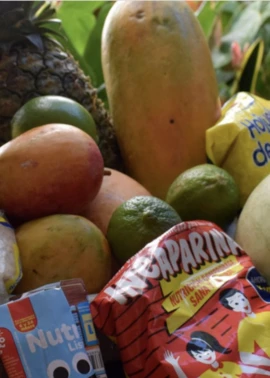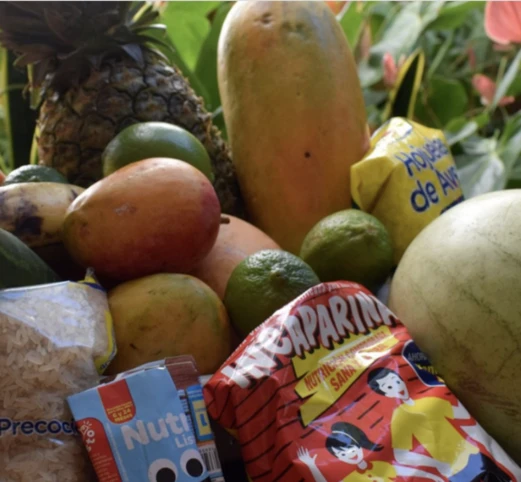Bibi founded Eat Better Wa'ik as a pilot project shortly before attending the One Young World Summit in 2015, at which she spoke on the social cost of corruption on food. Food insecurity is an issue in Latin America that has only become more pressing and damaging since that time. Guatemala currently experiences the sixth highest level of chronic malnutrition in the world and also a pressing triple burden of malnutrition, with undernourishment, obesity, and non-communicable diseases.
Bibi started Eat Better Wa'ik with the aim of addressing this challenge by merging food security, climate sustainability, and human rights. The objective is to generate food awareness and provoke action to reduce malnutrition through education, economy, agroforestry transformation, consumption, and technological solutions. This takes the form of various initiatives that support not just people in extreme poverty, but engage with those from low, middle, and high-income backgrounds. This is done through creative education, services, and products, connecting local communities with global policymaking. Direct intervention in the form of over 8,500 "improved food baskets" have been a crucial food response to humanitarian crises such as the COVID-19 pandemic. The team also delivers educational workshops to provide nutritional knowledge to promote healthy behavioural change. Eat Better Wa'ik runs, and provides content for, awareness-raising online and in-person events.
The scale of Bibi's work has grown consistently through the years, and in mid-2019 she re-shaped the organisation after stepping away from her other role with the World Food Programme. This has allowed her to scale up the impact of Eat Better Wa'ik. Bibi and the team have spread sustainability education and impactful operations beyond Guatemala, from Thailand to Uruguay, and the USA to the UK. Through international coalitions, the organisation contributes to shaping global policy on food, climate, and human rights.
“The One Young World Summit was the first opportunity we had to speak about Wa’ik and what we were doing, since it was only 3 months old by that time. It allowed us to connect with One Young World Partners, to collaborate or just be present. It gave me skills, of putting myself out there and participating.”
Contributor

